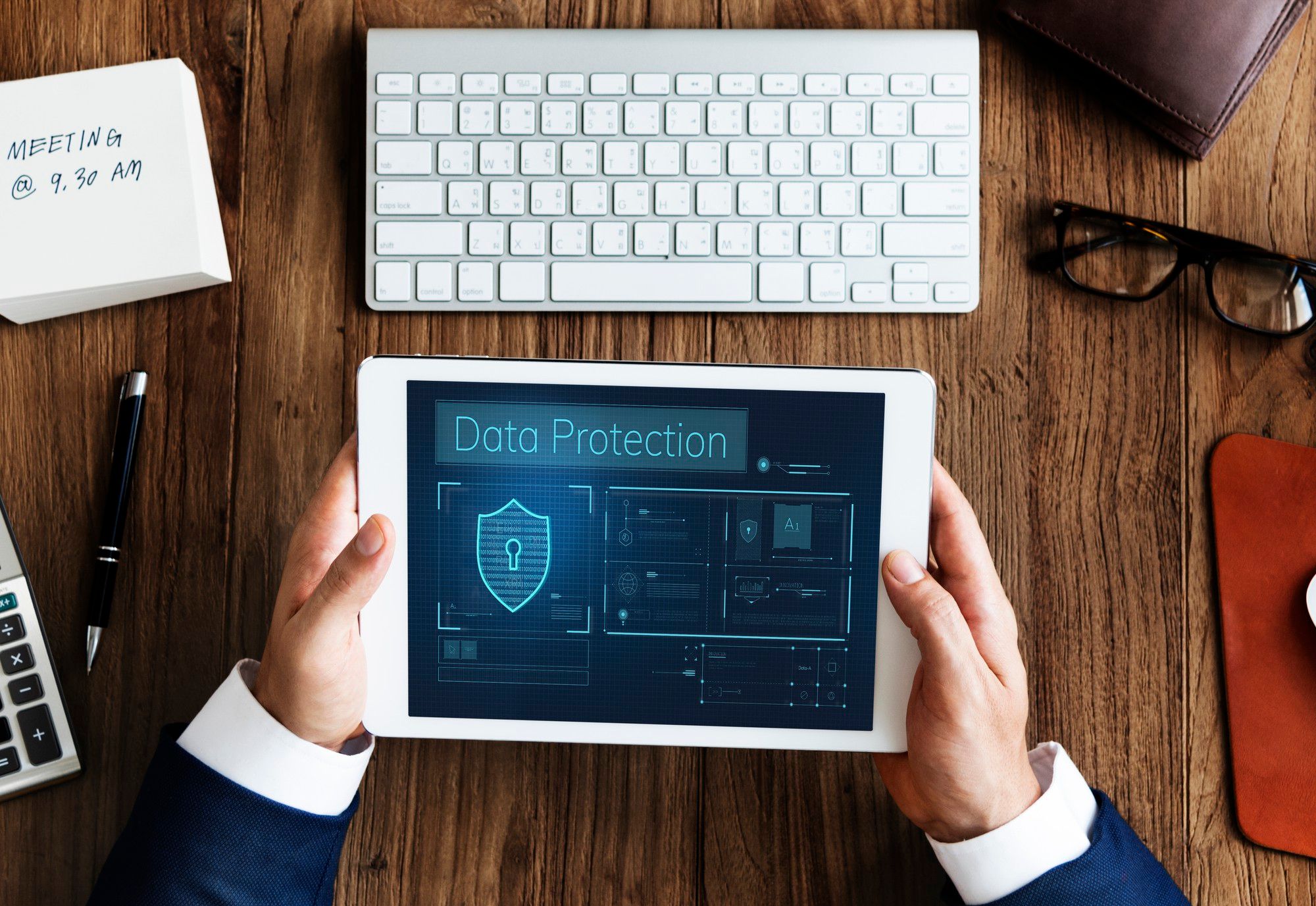Tech
Cybersecurity Dictionary: 9 Terms That Every Business Owner Should Know
Published
8 months agoon

Cybersecurity attacks can have massive repercussions on your business. Each successful attack can undermine employees’ productivity, put sensitive information at risk, and erode customers’ trust in your security. Unfortunately, cybersecurity attacks have recently increased in prevalence, too: in 2022, businesses experienced 38% more attacks.
Businesses can be proactive about cybersecurity to reduce the likelihood of successful attacks (and ensure a quick response). However, this does not mean that they have to hire a cybersecurity team. A few best practices can go a long way to prevent attacks. For example, employees who have been warned about common cybersecurity attack tactics are less likely to fall for them.
Business owners should become familiar with basic cybersecurity terms so they better understand how to prevent and respond to threats. The following cybersecurity dictionary can help you navigate these terms.
Cybersecurity Dictionary for Business Owners
Brute-Force Attack
A hacking method in which a program attempts to access a device or account by trying every single possible password combination.
Brute-force attacks are practically unstoppable when used against unprotected systems. However, systems that require users to wait or reset their password after several incorrect attempts are more resilient against attacks. Similarly, multi-factor authentication can make it harder for a brute-force attack to compromise an account. Complicated passwords that include numbers and special characters can also slow down brute-force attacks.
Encryption
The process by which information is encoded so it can be sent to another device without being exposed to third parties. Only the sender and intended recipient are able to decode the
message. It’s a great way to make your online communication more secure and protect sensitive data.
Internet Protocol (IP) Address
A unique number which identifies a particular device that is connected to a network. The number also roughly identifies the city in which the device is located. Web-based sites and services can see the IP address of anyone who connects to them. However, IP addresses can also be spoofed or hidden via a virtual private network.
Malware
Any type of malicious software. Malware generally allows hackers to access or control your device in some way. There are many types of malware, including:
● Spyware, which are programs that collect information from your computer and then send it to a third party.
● Trojan horses, which are programs or files that initially seem to be trustworthy but secretly install or act as malware.
● Ransomware, which are programs that limit access to your files or devices until you pay the hacker a ransom.
● Worms, which are programs that send copies of themselves that automatically install to other devices.
● Viruses, which are programs or files that contain malware but are only activated once a user clicks on them.
Multi-Factor Authentication
A strategy to secure a device or account by requiring users to take additional secure actions before logging in. Typically, users are required to enter a code that was sent to a preapproved phone number or email address. Alternatively, users might have to approve the login request on a mobile app.
Phishing
A method of tricking individuals into providing sensitive information or device access by creating fake messages from seemingly legitimate senders. These messages generally attempt to convince users to log into an account or download software. Typically, phishing attacks take place through email and are very effective. In fact, 83% of all companies experienced a phishing attempt in 2021.
Social Engineering
A strategy where hackers or scammers attempt to convince victims to share sensitive information or install malware. Phishing is a common type of social engineering.
Social engineering relies on manipulating a person rather than exploiting a device or program’s vulnerabilities. However, it can still pose a significant threat to a company’s cybersecurity.
Spoofing
The process of using a mask to hide one’s identifying virtual credentials (such as a phone number or IP address). That way, the people or systems with whom they digitally interact see a different number. Spoofed numbers may be chosen at random or strategically.
Credentials may be spoofed for legitimate or fraudulent purposes. For example, virtual private networks spoof IP addresses but also provide users with privacy and security. However, bad faith actors can also spoof credentials to impersonate a legitimate institution, its employees, or a trusted device.
Virtual Private Network (VPN)
A technology that allows you to create a private connection between your device and the internet. It encrypts your data and routes it through a secure server, making it difficult for anyone to intercept your online activity. This helps to protect your privacy by hiding your IP address and allows you to access the internet safely and securely, even on public Wi-Fi hotspots.
Recent News


4 Amazing Trips for Your Family
Choosing somewhere for a family vacation that would pique the attention of adults and kids alike can be a fun...


Customising Your Makeup with Blendable Blush Options
In cosmetics, one’s face is a canvas for self-expression and creativity. Among the myriad of products available, blush is a...


The Benefits of Regular Home Maintenance
Regular home maintenance is essential for maintaining and even raising the value of your house. A proactive approach to repairs...


Understanding the Importance of SEO in Adelaide
In the digital marketplace, Adelaide businesses are in a continuous contest to gain the attention of their target audiences. With...


Breaking Down the Numbers: Understanding the Average Traveling Nurses Pay
The open road, adventure, and the chance to heal – travel nursing promises an undeniable allure. But amidst the excitement,...


Dealing with Oily Skin in Summer: Tips and Tricks
As the temperature rises, those with oily skin often face an additional challenge—maintaining a clear and balanced complexion. Excess oil...


Mountain Wedding Ideas for 2024
A mountain wedding is a stunning choice for couples who cherish nature and desire a distinctive wedding experience. Whether you...


3 Of The Best Ways To Keep Your Salon Clean
It is of the utmost importance to ensure that a salon is kept scrupulously clean, not just for the sake...


3 Reasons You Should Get Blood Tests Every Year
Regular blood tests are essential for preserving general health and identifying potential problems early on. Medical professionals can evaluate your...


How to Make Your Next Crafts Project Pop
Crafting is a creative outlet that allows individuals to express themselves through various mediums such as paper crafts, sewing, painting,...
